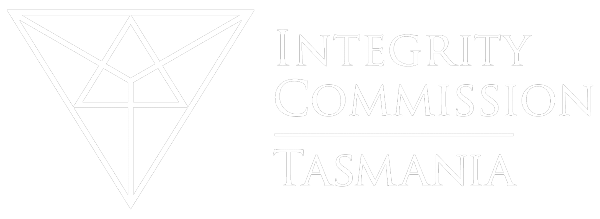Introduction
The Commission has been reviewing Tasmania's lobbying oversight system.
Lobbying oversight currently consists of the Tasmanian Lobbyist Register (the Register) and the associated Lobbying Code of Conduct (PDF, 555.0 KB) (the Code).
Administration of the Register and the Code transferred from the Department of Premier and Cabinet (DPAC) to the Commission on 1 July 2022.
This change provided an opportune time to review the current Lobbying oversight model, look at best-practice lobbying management from other jurisdictions, and hear ideas from the community about possible reform.
Final model
Following extensive consultation and research, we released our proposed model for final consultation in June 2023.
The Board is continuing to finalise the framework which includes the new Code of Conduct and related new systems. We aim to launch the new Code of Conduct and related systems on 1 July 2024.
This table (PDF, 253.5 KB) - which represents the Board’s final decision - sets out a number of minor changes compared with what was proposed in June 2023.
Successful implementation of a new Code depends on sufficient resourcing, which will result in:
- development and implementation of user-friendly systems to support input of key information by lobbyists into the Register and public officials into a new ‘contact disclosure log’
- development and implementation of accessible and practical educative, training and advisory materials for all stakeholders; and
- successful monitoring of compliance with the new systems.
The proposed contact disclosure log is an integral part of the new Code. Our priorities are for a user-friendly system that advances transparency, and which is complemented by accessible and practical educative materials and resources.
The Board supports the ‘dual hatting' provision, but has decided to postpone its implementation on the basis that it may be required to be enshrined in legislation.
It is also possible that the entire Code of Conduct may be better given effect through legislation. This is consistent with the practice in most jurisdictions, both nationally and internationally. This will be a matter for Parliament to consider.
The Board has not incorporated the local government sector into the final model. This sector was not included in the original terms of reference and any proposal to include it would require extensive consultation.
Next steps
Work will now start on drafting a new Code of Conduct, with the aim of implementing it by no later than January 2025.
The current Register and Code of Conduct will be maintained and administered in their current form until implementation of the new Code.
This may occur in stages, as there may be changes to other relevant policies or legislation, depending upon the agreed framework.
Set out below is an overview of our research and consultation process.
First round of consultation
Release of the proposed model in June 2023 followed 2 previous rounds of consultation.
The first was in May-July 2022. We published a consultation paper (PDF, 1.1 MB) identifying issues and risks associated with lobbyists and lobbying within State Government and their potential impact on public decisions.
A detailed research report (PDF, 1.9 MB) accompanied the consultation paper and examined the topic in more depth.
We received 28 submissions to this round of consultation.
We published an overview of the key points raised in the submissions.
Second round of consultation
Following receipt and consideration of submissions in 2022, we developed an initial draft lobbying framework report setting out a number of recommendations, focusing on the principles of transparency and accountability.
As part of a multi-stage process, we provided this report to a number of potentially affected parties, including Members of Parliament, the Joint Standing Committee on Integrity, and the Head of the State Service. We received 6 submissions to this initial draft.


